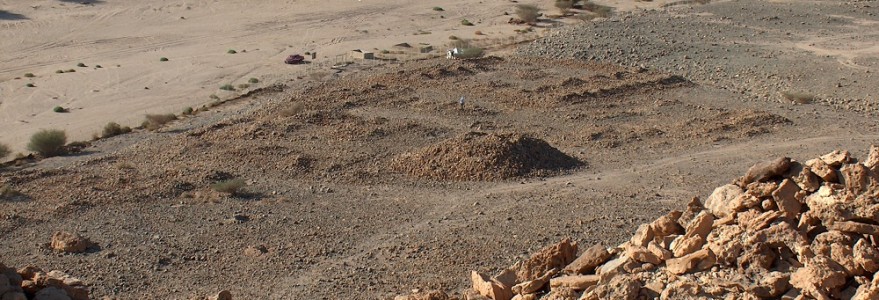18 university projects have been awarded by the National Science Centre. One of them is “Infrastructure of the international trade in the Red Sea area in the Roman period” by a PCMA UW.
The Polish National Science Centre has awarded a Harmony 6 grant to a PCMA-affiliated project “Infrastructure of the international trade in the Red Sea area in the Roman period” headed by Prof. Michał Gawlikowski.
The project’s aim is to investigate long-distance sea trade in the Red Sea basin, with particular focus on the respective roles of the African and Asian coasts in the process. This is to be achieved by means of archaeological excavations in two Roman-period ports on the two shores of the Red Sea.
All throughout the Roman period (1st to 4th century AD) intensive trading was taking place between the various regions of the Roman Empire and coastal areas of the Indian Ocean: India, Arabia and the eastern coast of Africa. Research on the subject of the Indo-Roman trade has been based, for the most part, on Greek and Roman written sources, whereas archaeological investigations, especially those on the Arabian coast of the Red Sea, are insufficient.
A chance to change this arose in 2014 with the commencement of the first season of excavations in Aynuna, in Saudi Arabia, a coastal site close to the mouth of the Gulf of Aqaba by a PCMA UW archaeological mission.
Ceramic evidence gathered during surveyes of the Aynuna site points to the presence of remnants of a Nabatean-period settlement. Aynuna is regarded by some scholars as the site of the Nabatean port of Leuke Kome, known from the historical record. The Nabatean Kingdom, with its capital in Petra, lasted from the 3rd century BC until AD 106 and its merchants were intermediaries in the trade exchange between Southern Arabia (present-day Yemen) and the Mediterranean basin.
On the African coast of the Red Sea, the project will focus on the site of Berenice in Egypt. This ancient port is investigated by a mission from the University in Delaware, USA) directed by Prof. Steven E. Sidebotham, in cooperation with a PCMA UW expedition. Within the scope of the project specialists working on certain categories of finds will compare objects excavated at the opposite shores of the Red Sea, which will – in all likelihood – prove to have much in common. After all, as Prof. Gawlikowski put it “the Roman-period trade exchange brought about the beginnings of globalization”.
Read more on the first season of PCMA UW excavations at Aynuna



